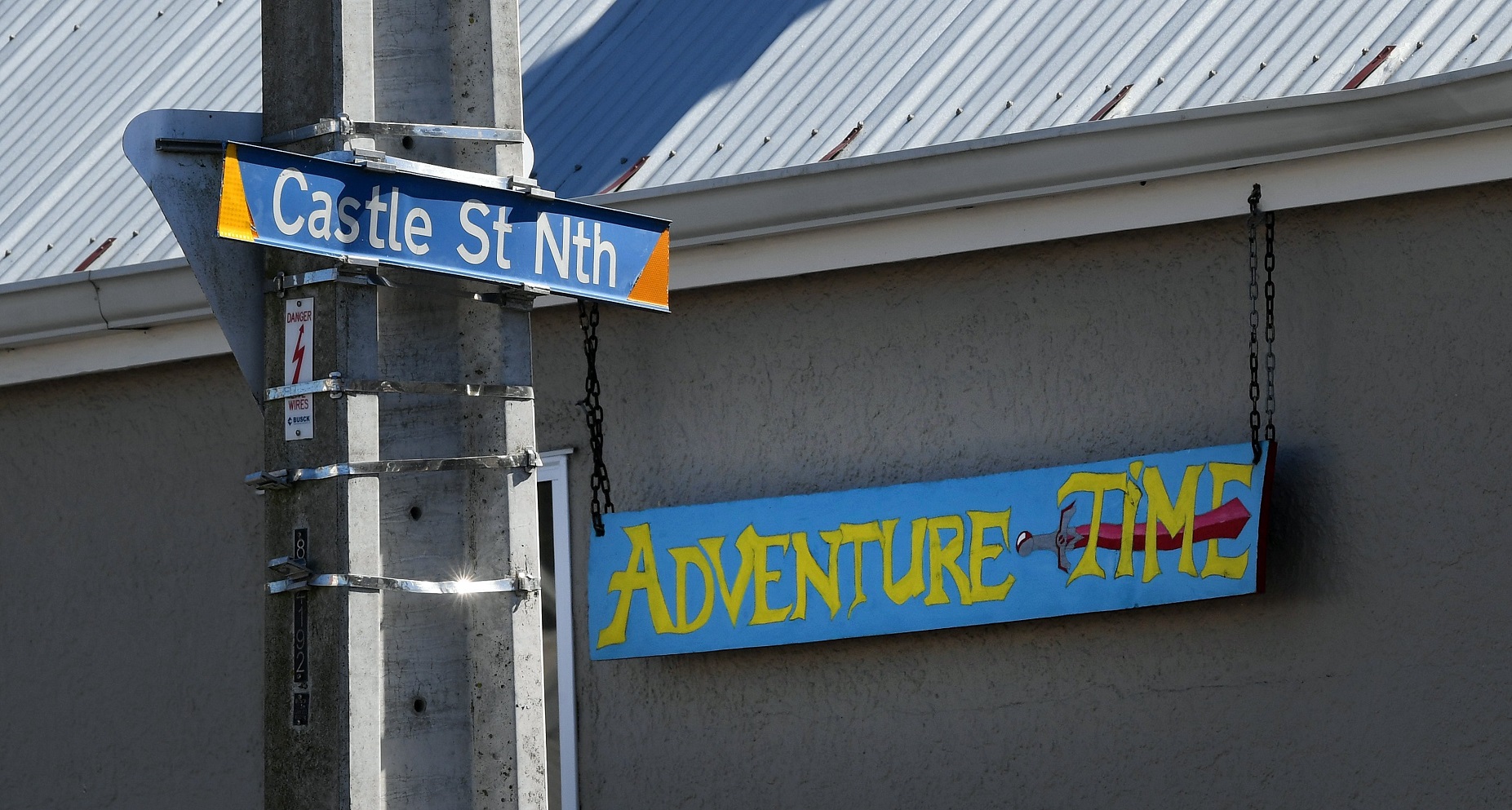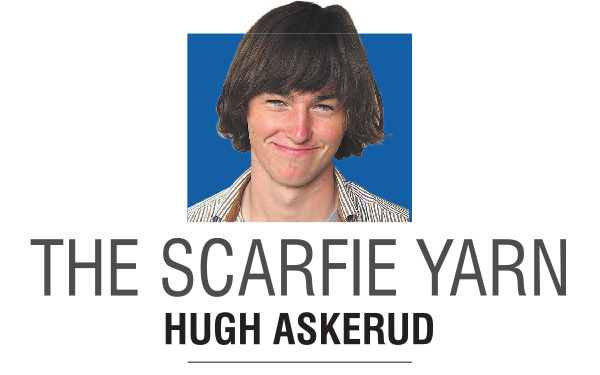
On a standard night out, I, like many others, will drink a box of 12 standard drinks (sorry Mum).
That number is well above the maximum recommended intakes set by any kind of initiative interested in preserving your long-term health.

But sometimes you can know things are bad for you and just keep doing them until you pummel yourself into the ground.
So why? It’s the age-old question when it comes to students, isn’t it?
But should it be? Students are always going to drink.
On 99% of Sunday mornings, I and many others like me wake up groggy but happy after a good night out. It’s a quintessential aspect of the social fabric here at Otago and all part of building community, that’s probably never going to change.
What does change is how and what we drink. Particularly for first-year students, who no longer rely on their parents for booze, the choices can be daunting.
You just walk into the nearest liquor store on O Week and wham! Maybe you’ve got a tip from a friend, but besides this, students have surprisingly little knowledge of the subject.
Even second and third-years can be swayed.
This is why alcohol marketing is so effective in studentville.
The case of Bee Alcoholic Lemonade, a company which supplied 1372 standard drinks to a party in Castle St last week, is testament to this.
The sponsorship of the event, which has been subsequently slammed by police, was covert and drew on social relationships to build brand trust. This kind of covert sponsorship is slowly increasing. Students are being signed up to alcohol sponsorship deals, mugs and posters are shipped off freely and samples are gifted by the bucket-load in alcohol stores.
With the way studentville is socially entangled, it’s blatant that students are immensely vulnerable to this type of marketing. If my flat were offered 280 free drinks, regardless of what they were, we would be taking them. I don’t think we would pass up on an opportunity which could prevent the end-of-week budget crunch inevitable most Saturdays.
This kind of opportunistic marketing is not without its faults. The approach fundamentally reshapes how and what students drink on an average night out, changing expectations around what "getting on the piss" looks like.
What is being marketed so effectively to students is 10-12 packs of RTDs, a drink which you can realistically plough through in less than a minute.
Something like good ol’ Speight’s is most commonly purchased in 24 packs and are not as easy to drink despite having less alcohol content.
If you have a 24 pack of Speight’s, your mentality is never going to be to finish the box: if it is, that’s a worry.
If you only have 10 RTDs, your mentality is going to be to finish the box in rapid time, leaving you drunk as a skunk and conked out before you even get started.
While this of course doesn’t always happen, it’s much more likely when drinking RTDs with high-alcohol content and lemonade-esque tastes.
The carnage of Castle St is always going to be there, but the way alcohol is marketed and consumed fundamentally changes its shape. The conditions surrounding your drinking will be the key determinant of how you experience the world in that time and subsequently how you treat it.
And if this is the case, there really isn’t a reason to pin blame on the students who are thrust into circumstances which shape their action considerably.
Alcohol brands are feasting in a state of deregulated student drinking with scarce controls if anything goes wrong. Because of this, students are consistently meeting the ambulance at the bottom of the cliff instead of having measures in place to keep their drinking safe.
Obviously, a student pub would go a long way to solving this issue, but inhibiting covert alcohol marketing schemes like the one instituted by Bee is something we can do now. Not only would studentville look a little cleaner, but students might also look a little happier as RTD brands loosen their chokeholds and students begin to drink in conditions which facilitate laughs and longevity.
Have a good O Week everyone, and remember to think kindly of us next time things go awry in Castle St.
- Hugh Askerud is a 20-year-old local resident and student at the University of Otago, majoring in politics and religious studies.














